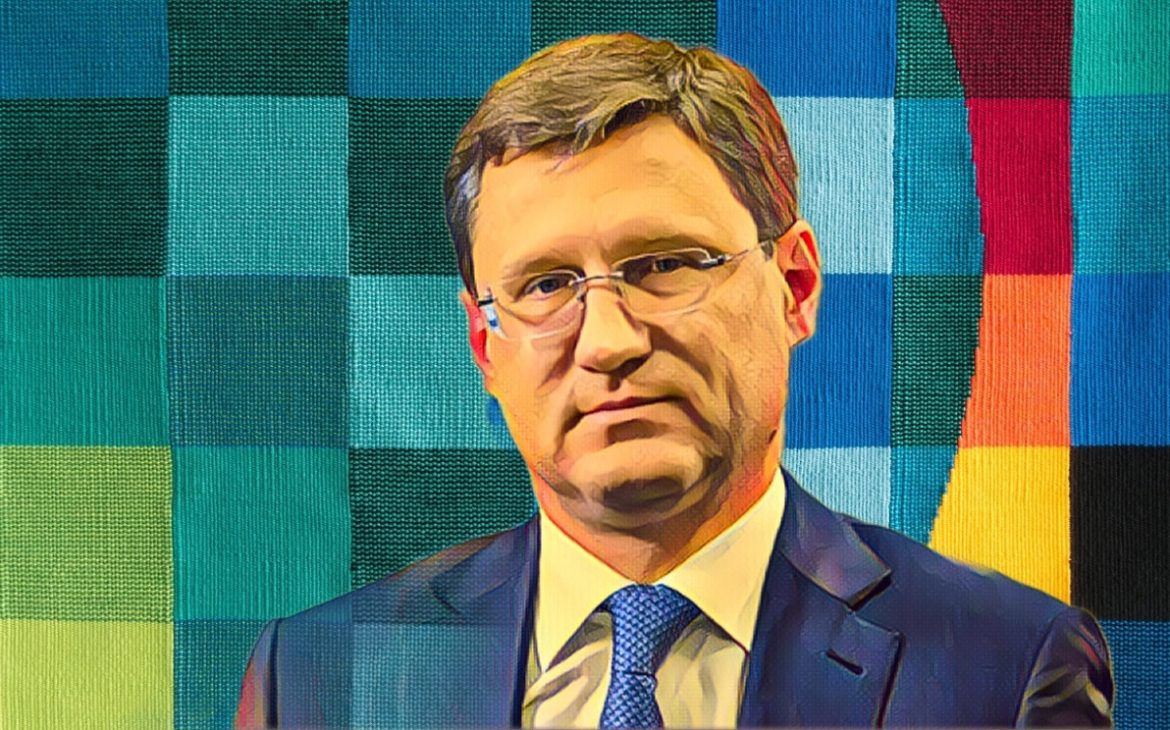Russia’s Deputy Prime Minister, Alexander Novak, announced on Friday that the country won’t restrict diesel exports. This decision comes amidst concerns about rising fuel prices and potential shortages following drone attacks that disrupted refining capacity.
Refinery Challenges and Government Response
Russia has faced a significant decrease in its oil refining capacity due to technical malfunctions and drone strikes. The government implemented a six-month ban on gasoline exports starting in March 2024. According to Reuters calculations, drone attacks have crippled up to 14% of Russia’s total oil refining capacity. This translates to a roughly one-third jump in Russia’s daily offline refining capacity in March compared to February.
Novak acknowledged the challenges but highlighted efforts to address them. He stated that other refineries have increased production, and the government is actively working on resolving fuel delivery issues caused by railway bottlenecks.
“The fuel market currently shows stability,” Novak said. “Our companies have successfully increased production at operational refineries, allowing for a sufficient supply of gasoline and diesel fuel.”
He also addressed a technical issue at the Norsi refinery, Russia’s fourth-largest by output. A malfunctioning turbine at the plant might be back online within one to two months. Industry sources report that one of the refinery’s two catalytic crackers remains out of service.
Arctic LNG 2 Project Faces Delivery Hurdles
While discussing the Arctic LNG 2 project, a crucial element in Russia’s strategy to capture a fifth of the global liquefied natural gas (LNG) market share by 2030-2035, Novak acknowledged ongoing discussions regarding cargo deliveries. The project, led by Novatek, initiated tentative production in December 2023.
However, the project faces challenges beyond production. The United States imposed sanctions on the project in November 2023, adding to previous restrictions related to the ongoing conflict in Ukraine. Additionally, securing gas carriers for transporting LNG remains a hurdle.
Western sanctions prompted foreign shareholders to suspend participation in the project, abandoning responsibilities for financing and offtake contracts. When asked about the timeline for the first LNG cargo delivery, Novak stated, “The company is actively working on solutions, and relevant discussions are ongoing. Their primary challenge involves securing tankers.”
Maintaining Stability and Addressing Challenges
Russia’s assurance regarding diesel exports offers some relief to the global market. However, the country must navigate ongoing disruptions in its refining capacity and address challenges associated with the Arctic LNG 2 project. Continued efforts to enhance domestic production, address logistical bottlenecks, and explore alternative delivery solutions for LNG exports will be crucial for Russia to maintain stability in its energy sector.
Source: Reuters



